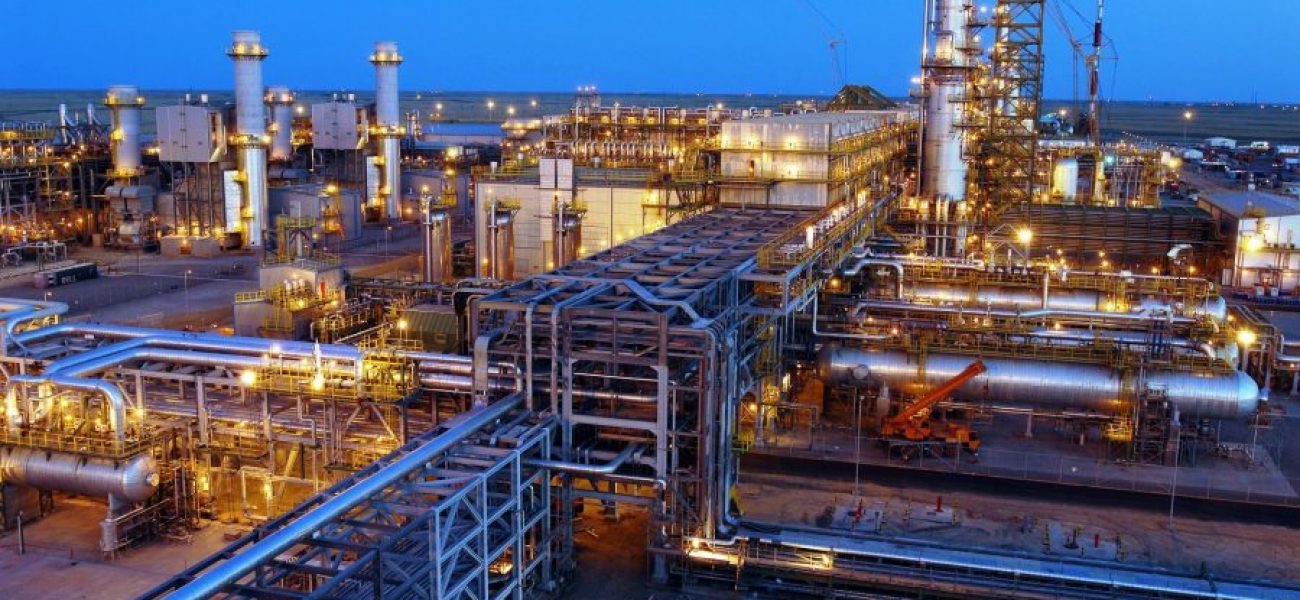The past few weeks have seen Nigerians purchasing petrol at new prices of between N488 and N557 per litre. This has sent citizens into financial crisis. Certainly, the days of cheap petrol are over and citizens already enmeshed in personal financial struggles now have the added burden of paying exceedingly more for petrol.
Although the 2023 Appropriation Act provides for petrol subsidy up until June 30, 2023, the end of petrol subsidy seems to have come a month early. The Federal Government is yet to communicate clear plans on how to ameliorate the biting effect of the subsidy removal, which has occasioned an increase in transportation fares, as well as goods and services. In the States, some governors have announced measures such as increase in minimum wage and hybrid working arrangements for civil servants, in a bid to alleviate the hardship this situation has brought upon their citizens.
The petrol subsidy removal has once again, brought the long-standing conversations of the opaqueness and sharp practices that characterise the subsidy regime, into limelight. This was the basis for which some quarters in the country called for subsidy removal before this time.
A damning report by the House of Representatives ad hoc Committee on the Volume of Fuel Consumed Daily in the Country raised serious questions about the petrol subsidy regime. A comparison of the records of the quantity of crude oil lifted under Nigeria’s Direct Sale, Direct Purchase (DSDP) programme, as well as petrol imported and used in the country between 2016 and 2021 as provided by the Nigerian National Petroleum Company Limited (NNPCL), the Nigeria Upstream Petroleum Regulatory Commission (NUPRC), the Nigerian Midstream and Downstream Petroleum Regulatory Authority (NMDPRA), the Nigerian Navy and the Nigeria Customs Service (NCS) show significant disparity, with no two of these agencies recording the same quantity of crude lifted or petrol imported and consumed. The disparity in figures is important because the quantity of petrol claimed to have been supplied forms the basis of subsidy payment. Certainly, amounts recorded in excess of actual use means that the difference would have been creamed off into private pockets.
While a total of 974.5 million barrels of crude oil was designated as the domestic quota for the period under review, the Nigerian Navy recorded that 989.5 million barrels of crude (above the designated domestic quota) was lifted, while the NMDPRA recorded the lifting of 732.3 million barrels of crude oil (being the lowest figure recorded). This disparity is also seen in the records of the volume of petrol imported into the country between 2016 and 2021, with the Nigerian Navy recording the highest quantity of over 207 billion litres for the period (being the highest), and the Customs Service recording over 59 billion litres (being the lowest).
The report also reveals that there is no clear average quantity of petrol consumed by Nigerians on a daily basis from the records of various stakeholders in the sector between 2017 and 2022. According to the report, in 2022, NNPCL recorded that 91.2 million litres of petrol were consumed daily, while the Nigerian Navy put its figure at 88.3 million litres. The NMDPRA recorded a daily petrol consumption of 66.7 million litres, while the Nigeria Customs Service recorded 20.9 million litres.
It will be recalled that in September 2022, the Comptroller General of Nigeria Customs Service had faulted the claim of the Nigerian National Petroleum Company Limited (NNPCL) that Nigeria consumes 60 million litres of petrol daily.
With regard to the storage of petrol, the report indicates that there are 242 depots approved for operation in Nigeria and that 143 depots received petrol between 2017 and 2022. However, the report found that 6 depots out of this number that received petrol were not listed as those approved for operation.
On the distribution of petrol, the Committee found that the over 5,000 km network of oil pipeline connecting the Federation, which is deemed to be the cheapest and the safest means of transporting or distributing petroleum products has been abandoned due to theft, vandalism and economic sabotage. This leaves tankers as the only means of distributing petroleum products across the Federation and some tankers and persons with jerrycans have been intercepted by the Nigeria Customs Service, while trying to smuggle petrol across Nigerian borders.
It was also found that the NMDPRA which is in charge of Midstream and Downstream petroleum operations has no record indicating the volume of petrol discharged to petrol retail outlets.
The investigation and findings of the Committee were regarded as a welcome development by Nigerians, as they support the allegations of underhanded dealings in the petroleum sector. However, observers are of the opinion that the report came too close to the end of former President Muhammadu Buhari’s administration and the tenure of the 9th Assembly, making it difficult for the situation to be addressed. As President Bola Tinubu has taken the mantle of Nigeria’s leadership, with petrol subsidy removed within 48 hours of his inauguration, Nigerians are waiting to see what reforms his administration will bring to the petroleum sector.

